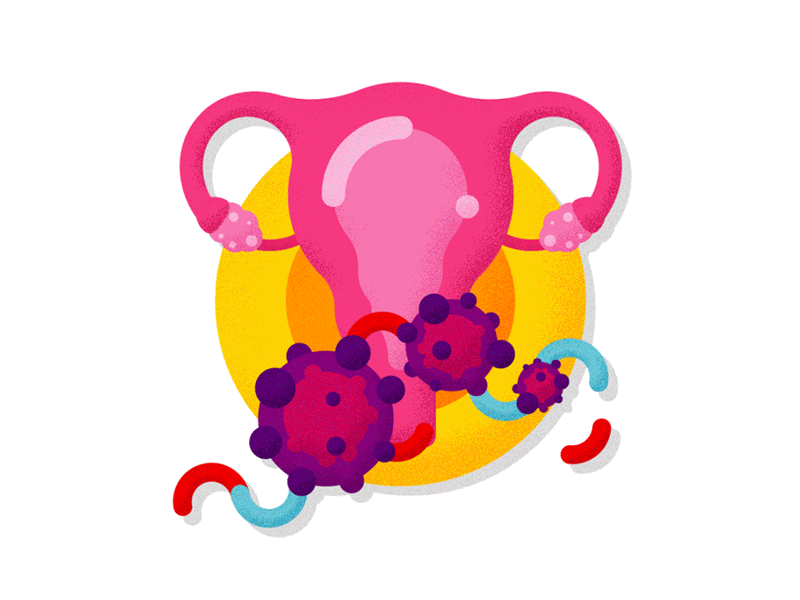
Crystal Healthcare is excellent at managing chronic kidney disease with all-encompassing care programs that include medication, lifestyle changes, and if required, dialysis or kidney transplants.

Crystal Healthcare is the greatest option for women’s health and gynecological care. We provide a variety of services, highly qualified medical professionals, and state-of-the-art technology. Patients receive individualized treatment from us. To properly diagnose and treat gynecological issues, we perform several diagnostic procedures, including pelvic exams, ultrasounds, biopsies, and colposcopies. Choose us if you’re searching for the best gynecological hospital that provides all-inclusive women’s healthcare services. We provide the greatest care for all of your gynecological needs!